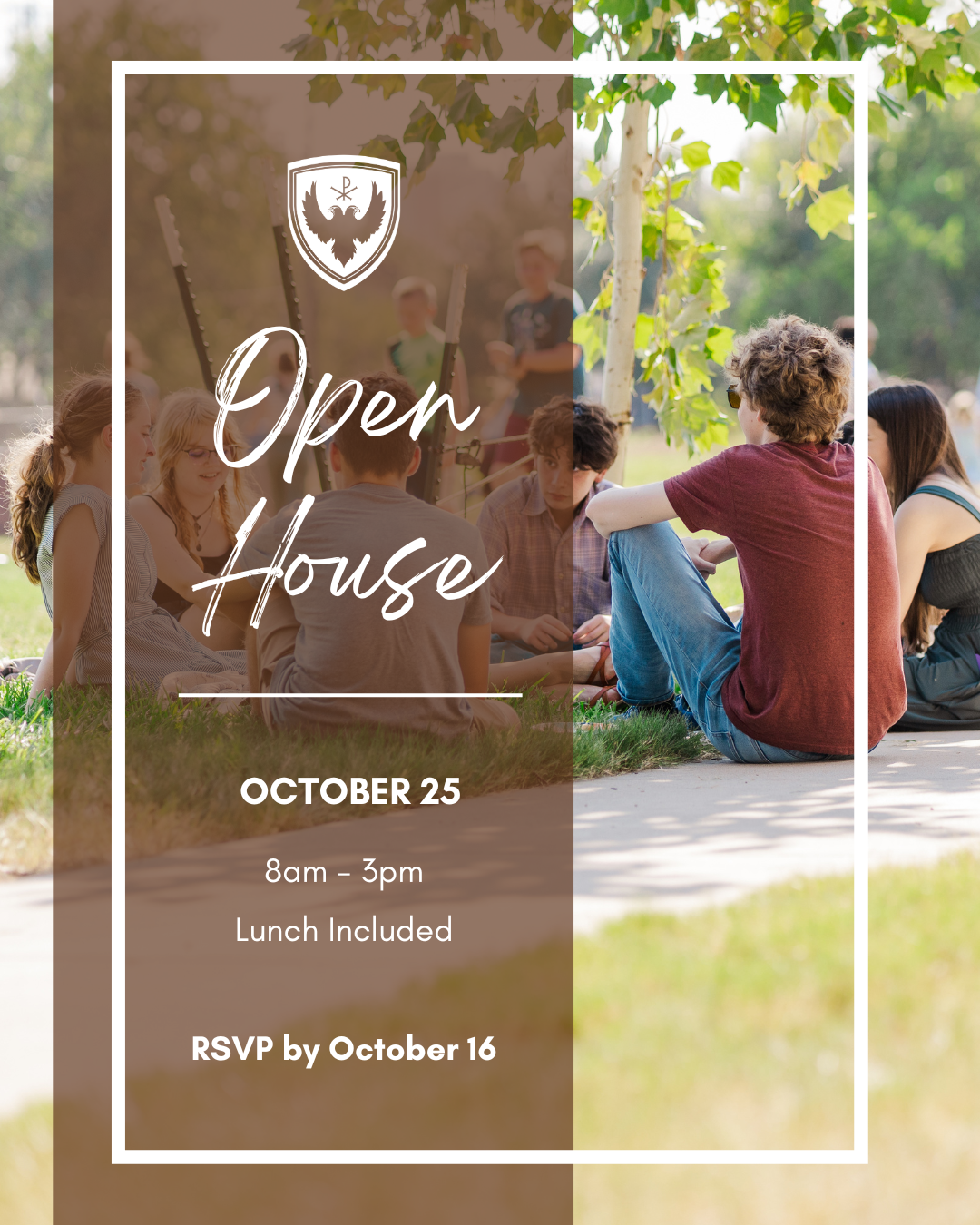There’s a passage from The Lord of the Rings that I’ve been contemplating as the 2023-2024 school year has gotten underway. Toward the end of The Return of the King, Merry and Pippin are sitting in the Houses of Healing after the battle of Pelennor Fields. These small and seemingly insignificant Hobbits have participated in a battle that neither of them should have survived: Pippin saved Faramir’s life and Merry helped defeat the king of the Nazgul. And they have now witnessed and helped bring about the return of the king to Gondor after centuries of people believing that the line of kings was broken. When they are finally left alone, Pippin exclaims:
‘Dear me! We Tooks and Brandybucks, we can’t live long on the heights.’ ‘No,’ said Merry. ‘I can’t. Not yet, at any rate. But at least, Pippin, we can now see them, and honour them. It is best to love first what you are fitted to love, I suppose: you must start somewhere and have some roots, and the soil of the Shire is deep. Still there are things deeper and higher; and not a gaffer could tend his garden in what he calls peace but for them, whether he knows about them or not. I am glad that I know about them, a little. But I don’t know why I am talking like this. Where is that leaf? And get my pipe out of my pack, if it isn’t broken.’
Merry’s newfound ability to see and honor “the heights” while also recognizing his place in the Shire is an expression of the kind of humility I hope my students will one day imitate.
The etymology of the word “humility” has a long and varied history. It originates in Greek and Latin as “χαμαί” and “humus,” both of which denote “earth, soil, and the ground.” The Latinate root “humus,” from which we get our word humility, is also a root of the word “Human.” Within this framework, the virtue of humility is not synonymous with shyness or self-effacement; nor is it, as C.S. Lewis puts it, the virtue “not of thinking less of ourselves, but of thinking of ourselves less.” Rather, humility is an honest recognition of our God-given humanity. We have modern phrases along these lines, complimenting a person as being “down to earth,” and criticizing the person who “puts on airs.”
This idea of earth-bound humility runs through the Christian tradition as well, especially in the Sayings of the Desert Fathers. One of the great themes to which all the Sayings return, is the theme of humility. “Before anything else,” they teach, “we need humility…because every device of the enemy, every kind of obstacle, is destroyed” (Dorotheos of Gaza). The fathers lived a life of extreme asceticism, exercising the body for the sake of living a life of prayer, of standing perpetually in the presence of God. As Benedicta Ward points out in her introduction to her translation of the Sayings, the fathers and mothers of the desert had a “deep understanding of the connection between man’s spiritual and natural life”. They would go without sleep because they were watching for God; they remained silent in order to listen for God; they fasted because they desired to be fed on the Word of God. Despite appearances, the body, for the fathers, is not to be forsaken, nor is it something we should try to escape. As Abba Poemon says, “We have not been taught to kill our bodies, but to kill our passions” (193). The body is both a tool and a feature of our prayer life which needs to be properly shaped and guided for communion with God. Through the body, we learn humility; we learn to root ourselves in the earth; we remember where we’ve come from—that we are dust, divinely inspired by the breath of God; and we remember where we are going.
By reading chronologically from Homer to Martin Luther King Jr., studying math from pre-algebra to calculus, studying great musical scores from the middle ages to the 20th century, and engaging in scientific exploration from biology to astronomy, our students will have lived for a little while “on the heights.” My hope is that they will return to the Shire of their day-to-day lives with a greater love and appreciation for their roots. The Hobbits’ love for the Shire is an image of our own human-ness. Our earthiness is not something we should renounce. We should embrace it. Humility is, as the fathers teach us, the only way to destroy “every device of the enemy,” especially the pride that would convince us that we are better than our humanity. May it be so for us and for our students. May our education complement our spiritual struggle for humility that we too might ascend the heights, to “see them and honour them,” yet recognize that we ought to love first what we are fitted to love.



